Your cart is currently empty!
Category: Organic Growing
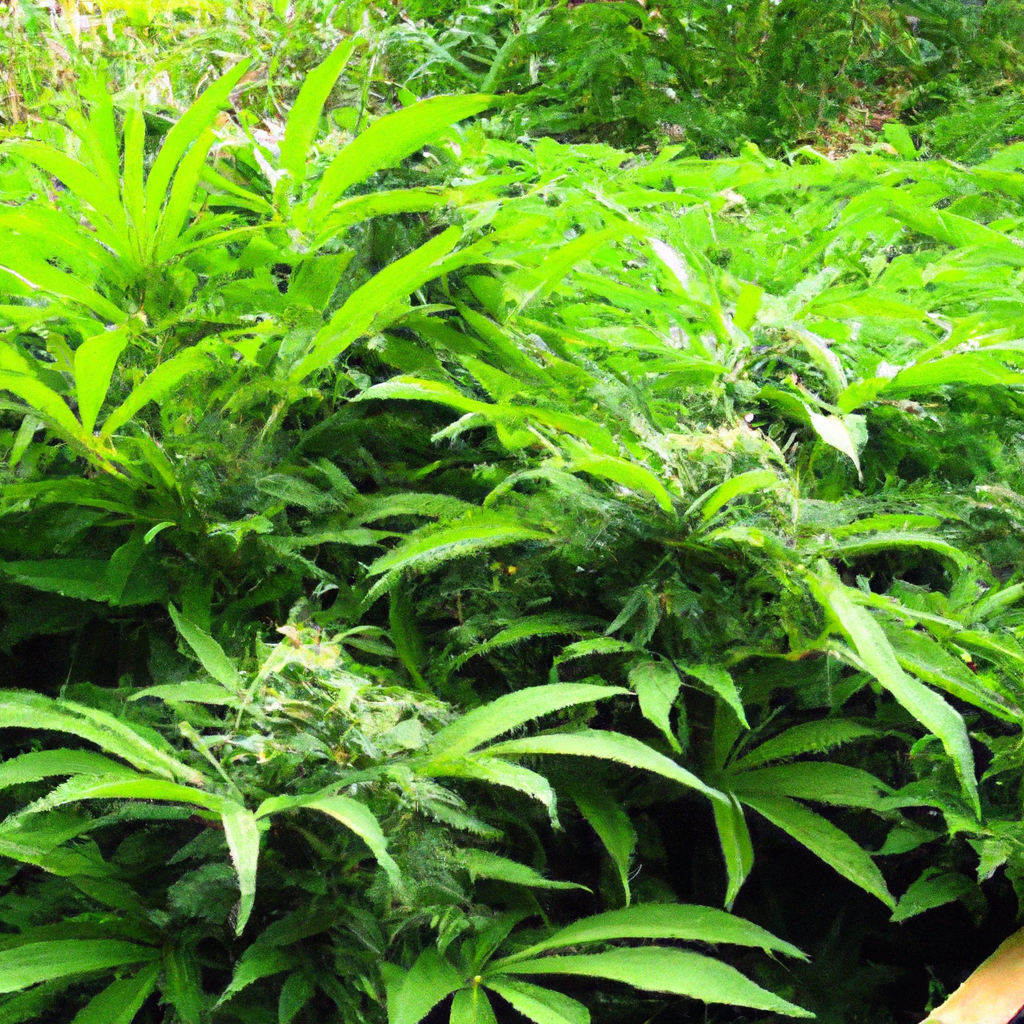
Organic cannabis cultivation focuses on using natural fertilizers, compost, and integrated pest management to produce high-quality, environmentally friendly marijuana. Key practices include building a healthy soil ecosystem with composting, mulching, and cover cropping, using natural fertilizers like animal manures and bone meal, and implementing organic pest control with beneficial insects and companion planting. Promoting sustainability…
Organic cannabis cultivation combines sustainability with high-quality yields by using natural methods that benefit crops and the environment. Key techniques include using natural fertilizers like compost and worm castings to enrich the soil, building healthy soil ecosystems through mulching and crop rotation, and employing organic pest control strategies such as companion planting and neem oil.…
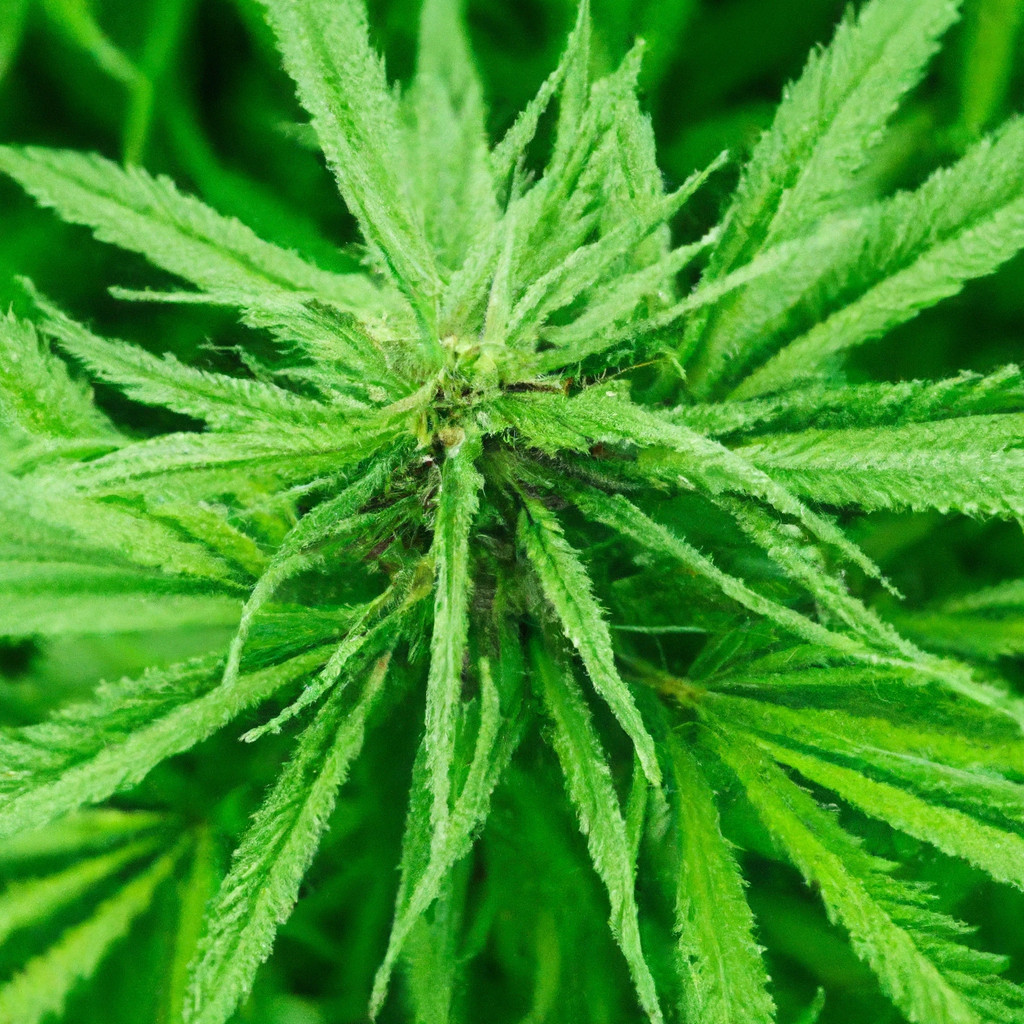
As the cannabis industry evolves, growers are increasingly adopting organic practices, benefiting both the environment and consumers. Key elements of organic cannabis cultivation include using natural fertilizers like worm castings, composting to enhance soil health, and implementing eco-friendly pest control methods such as integrated pest management. Building a robust soil ecosystem is crucial, involving a…
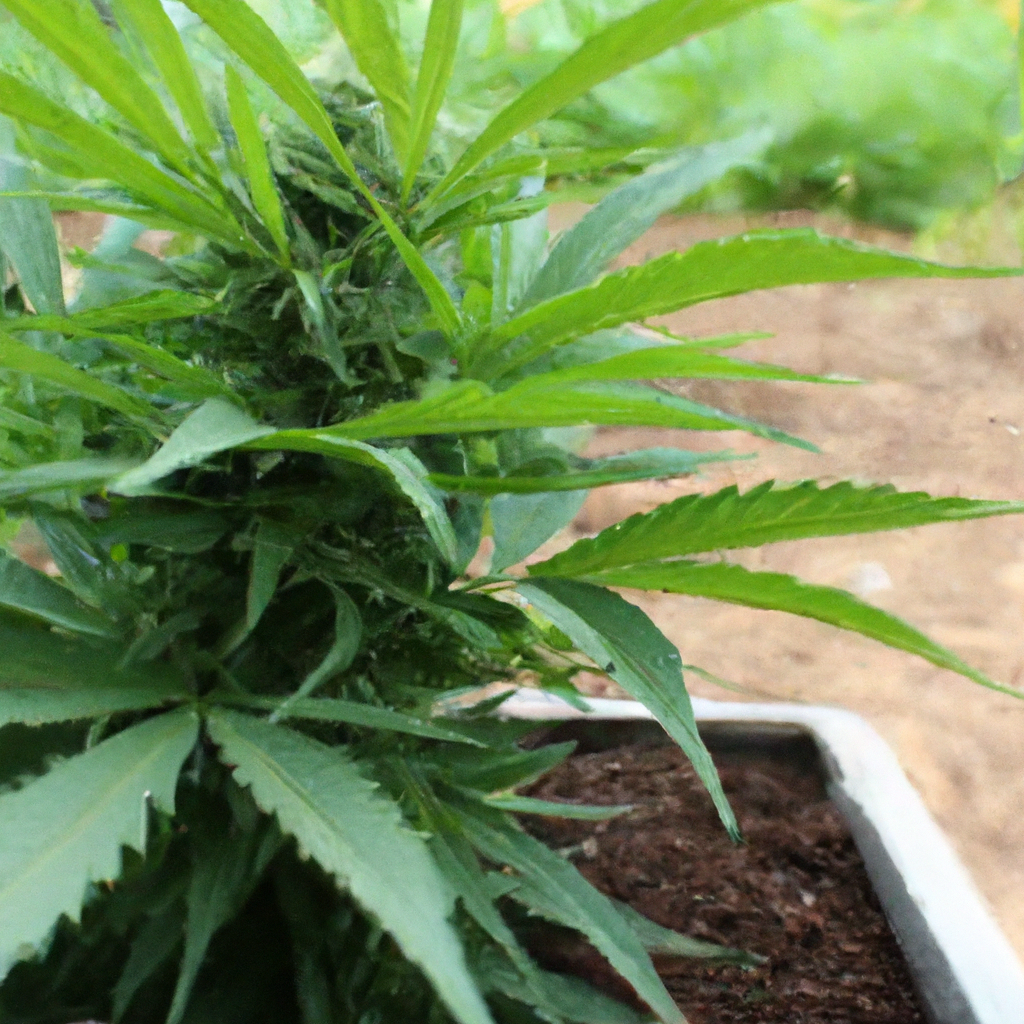
With the increasing demand for organic cannabis, growers are adopting sustainable practices to enhance yield quality and reduce environmental impact. Successful organic cultivation starts with healthy soil ecosystems, improved through composting, crop rotation, and mulching. Natural fertilizers like worm castings and fish emulsion offer an eco-friendly nutrient supply, while pest management can be achieved through…
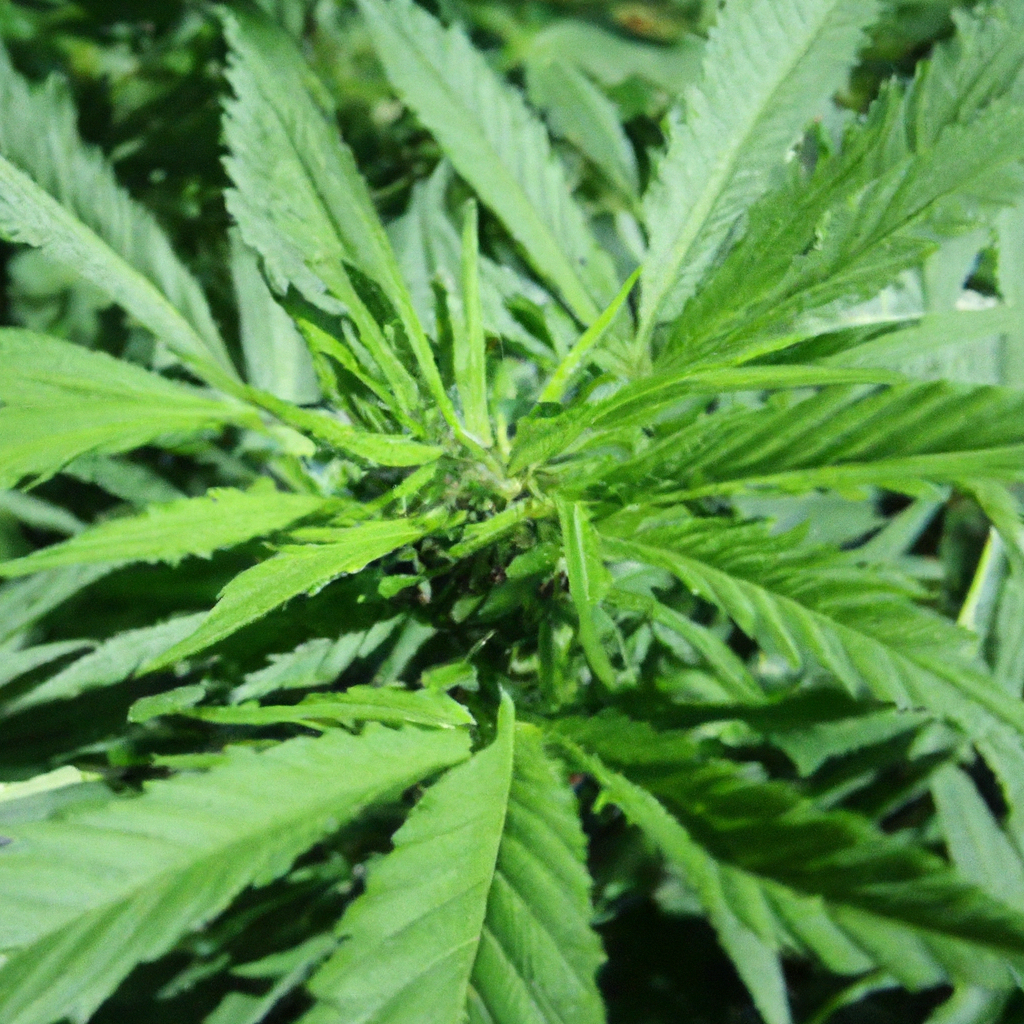
Organic cannabis cultivation is an eco-conscious approach that benefits both the environment and consumers by using natural fertilizers, compost, and pest control. This method fosters vibrant, healthy plants while promoting sustainability and avoiding synthetic chemicals. Key practices include enhancing soil health with compost and worm castings, utilizing beneficial insects and companion planting for pest control,…
Learn how to cultivate healthy cannabis plants using organic practices that benefit the environment and consumers. Organic cannabis growing prioritizes natural balance within the ecosystem, fostering quality plants without synthetic chemicals, thereby supporting environmental health and enhancing the consumer experience. Key practices include building healthy soil ecosystems with compost, beneficial microbes, and regular soil testing,…
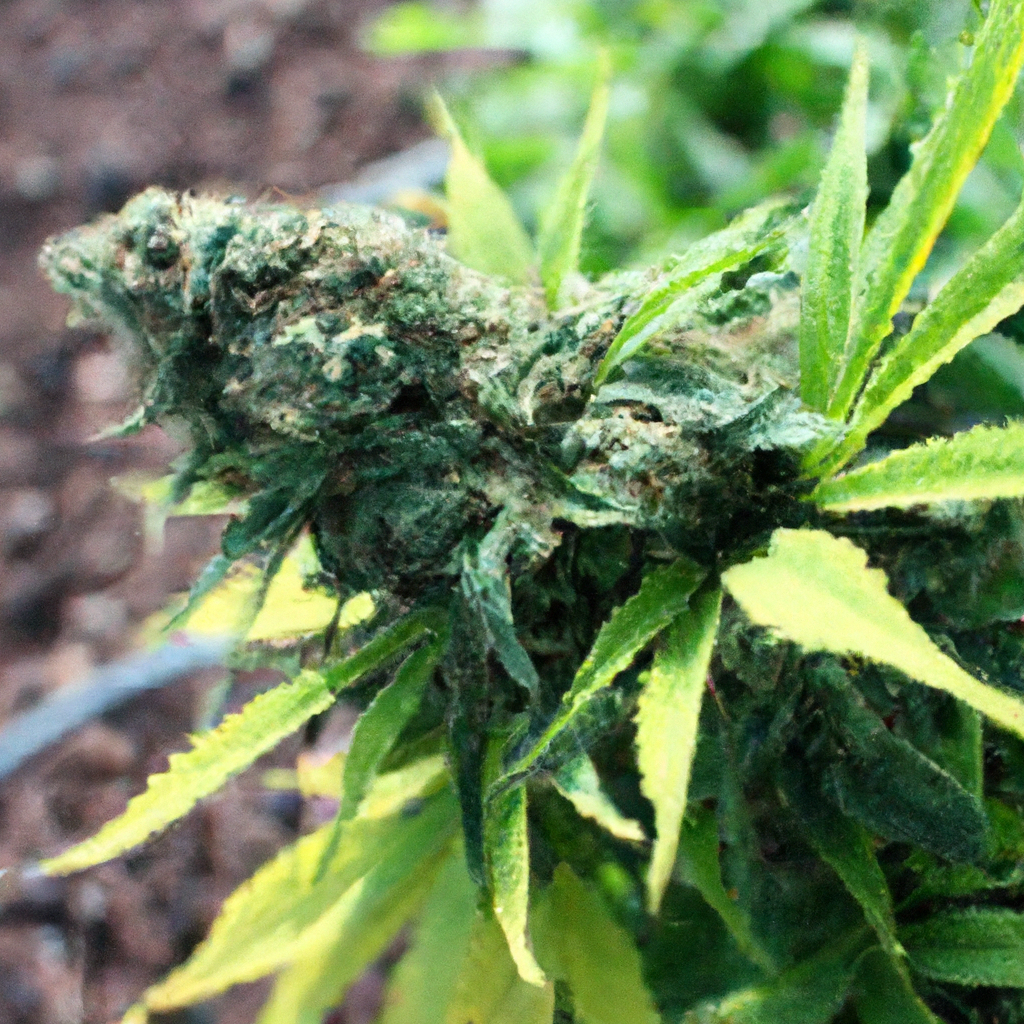
Organic cannabis cultivation prioritizes quality and sustainability by utilizing natural fertilizers, compost, and innovative pest control methods, benefiting both consumers and the earth. Key practices include building a robust soil ecosystem with rich compost and crop rotation, harnessing natural fertilizers like animal manure and bone meal, and implementing organic pest control with beneficial insects and…
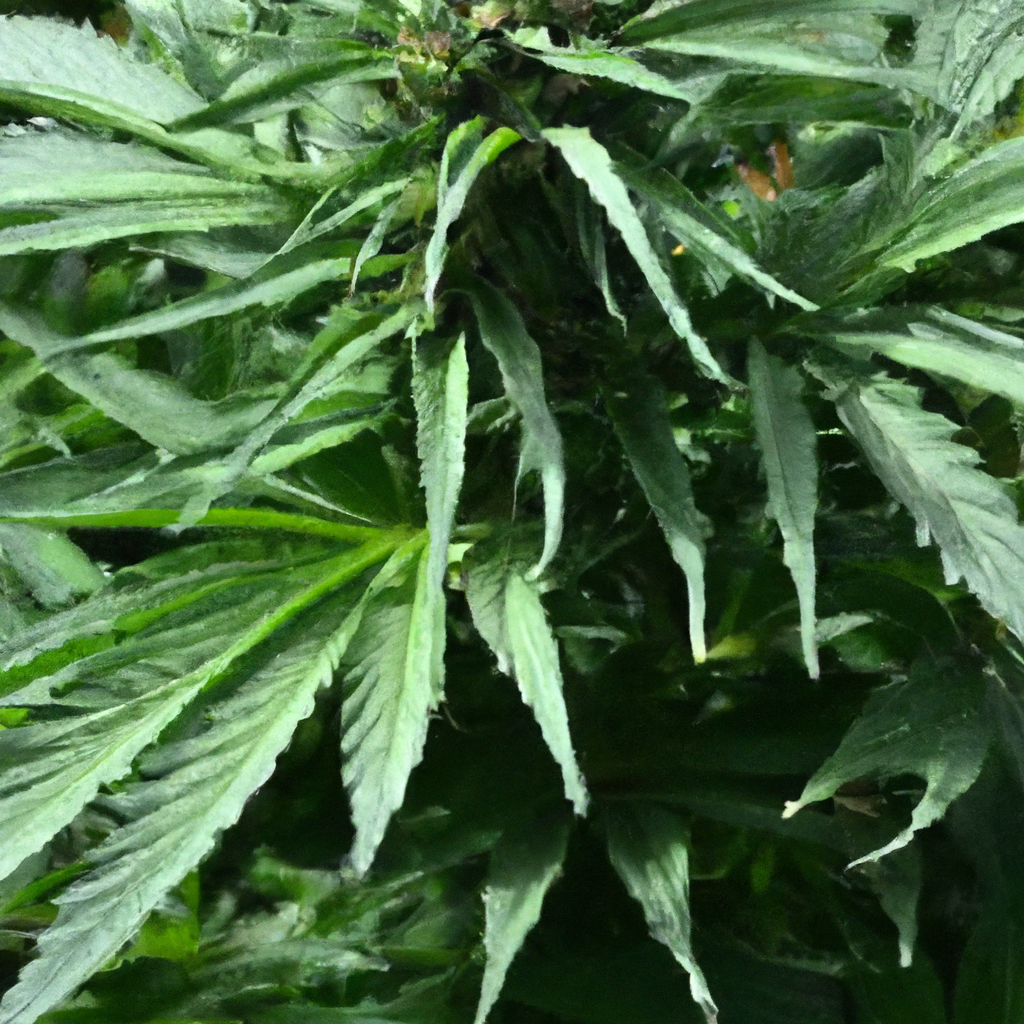
Embrace eco-friendly practices by cultivating cannabis organically, ensuring high-quality yields and supporting environmental health. Use natural fertilizers like compost, bone meal, and fish emulsion to enrich soil without chemicals. Manage pests with organic solutions such as beneficial insects, neem oil, and companion planting. Foster a sustainable soil ecosystem with good structure, humic substances, and mycorrhizal…
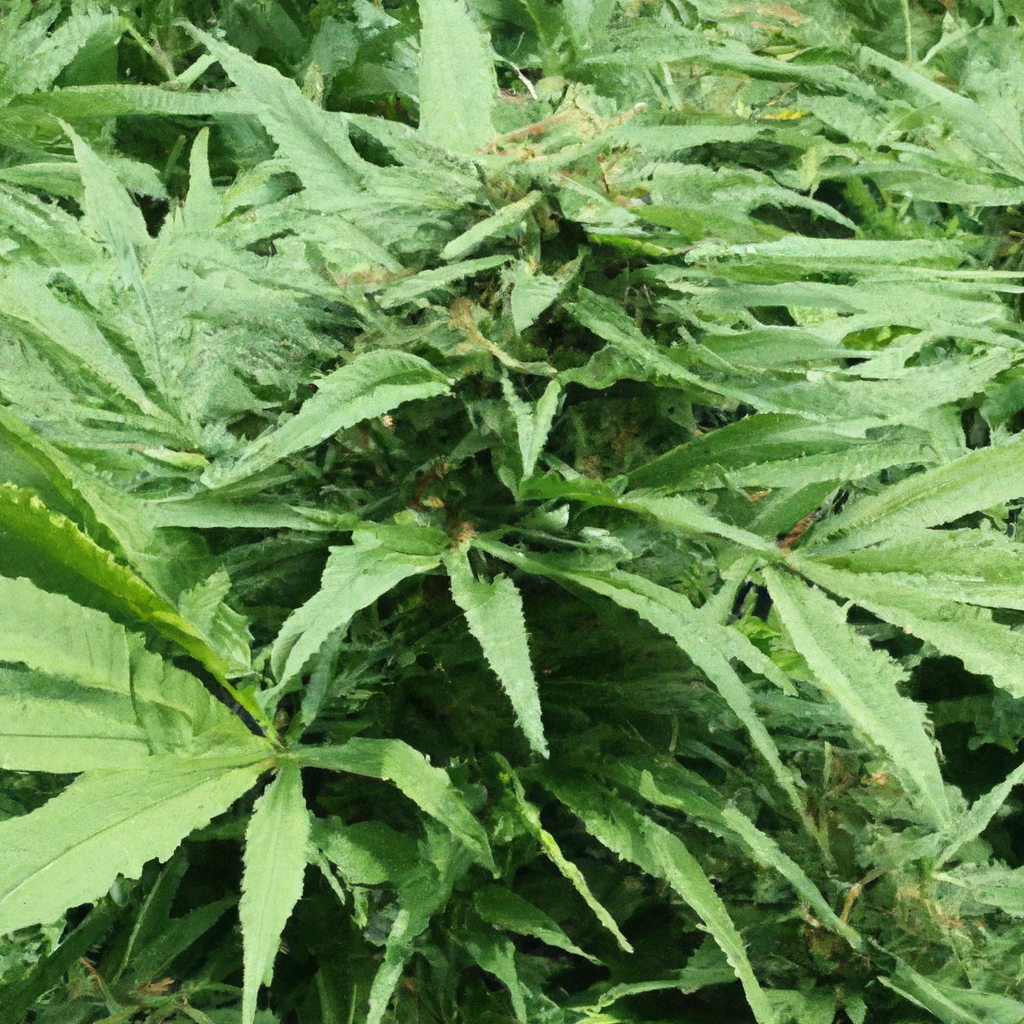
As interest in sustainable practices rises, organic cannabis cultivation offers numerous benefits, including higher quality products and environmental advantages. This blog post outlines best practices for developing a natural soil ecosystem, using compost, mulching, and crop rotation for healthy soil. It highlights natural fertilizers like worm castings and bone meal as alternatives to synthetic options,…
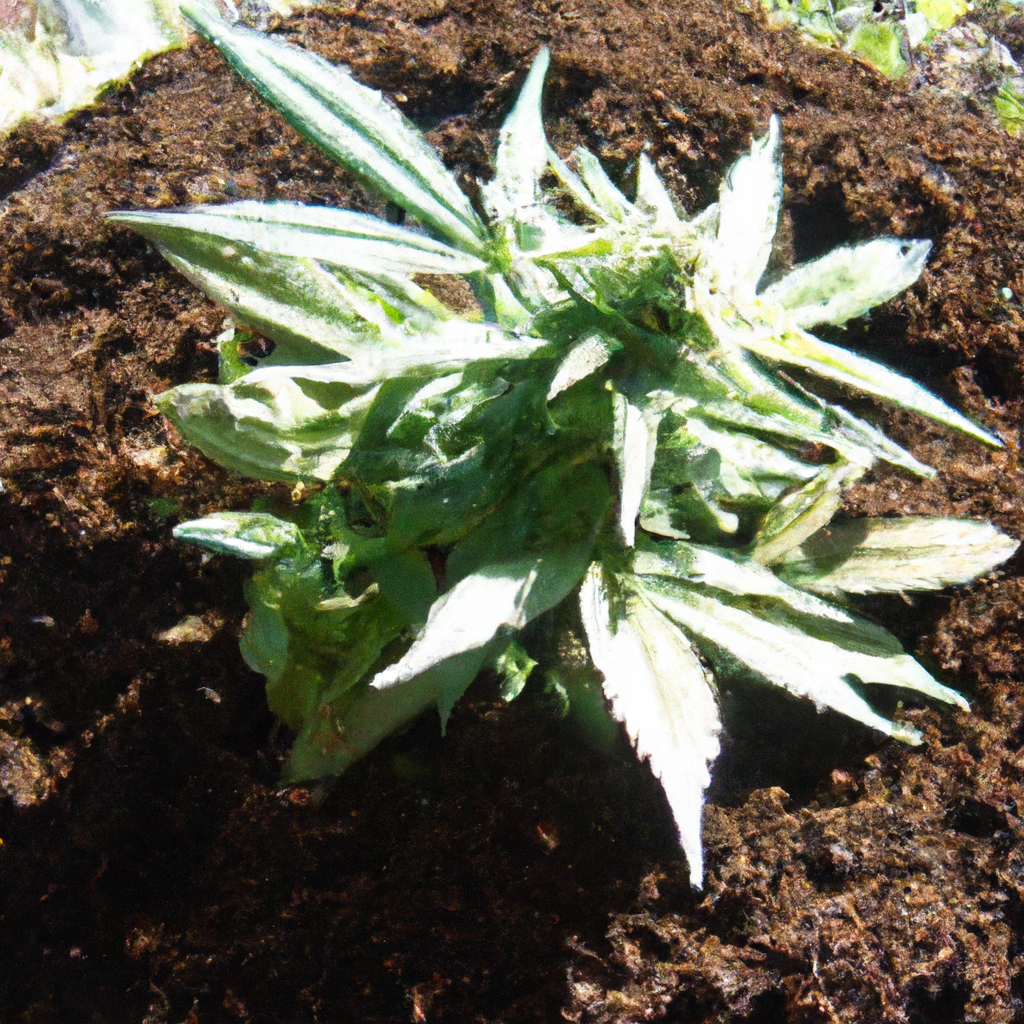
In the realm of cannabis cultivation, organic farming offers a sustainable alternative that forgoes synthetic chemicals in favor of nurturing a natural ecosystem. By focusing on building robust soil through composting and mulching, utilizing plant and animal-based natural fertilizers, and employing sustainable pest control methods like companion planting and beneficial insects, growers can cultivate healthier…
